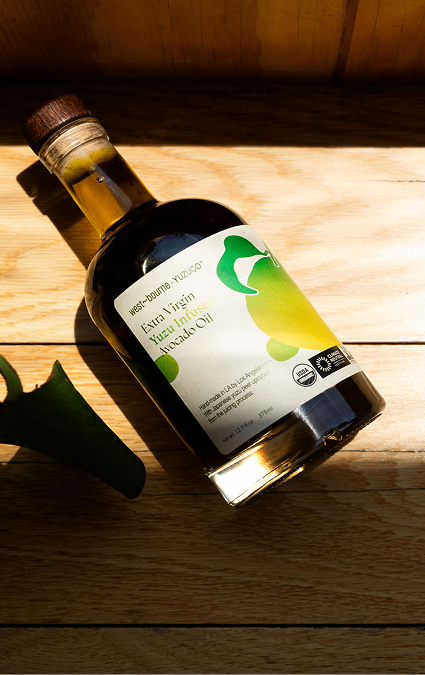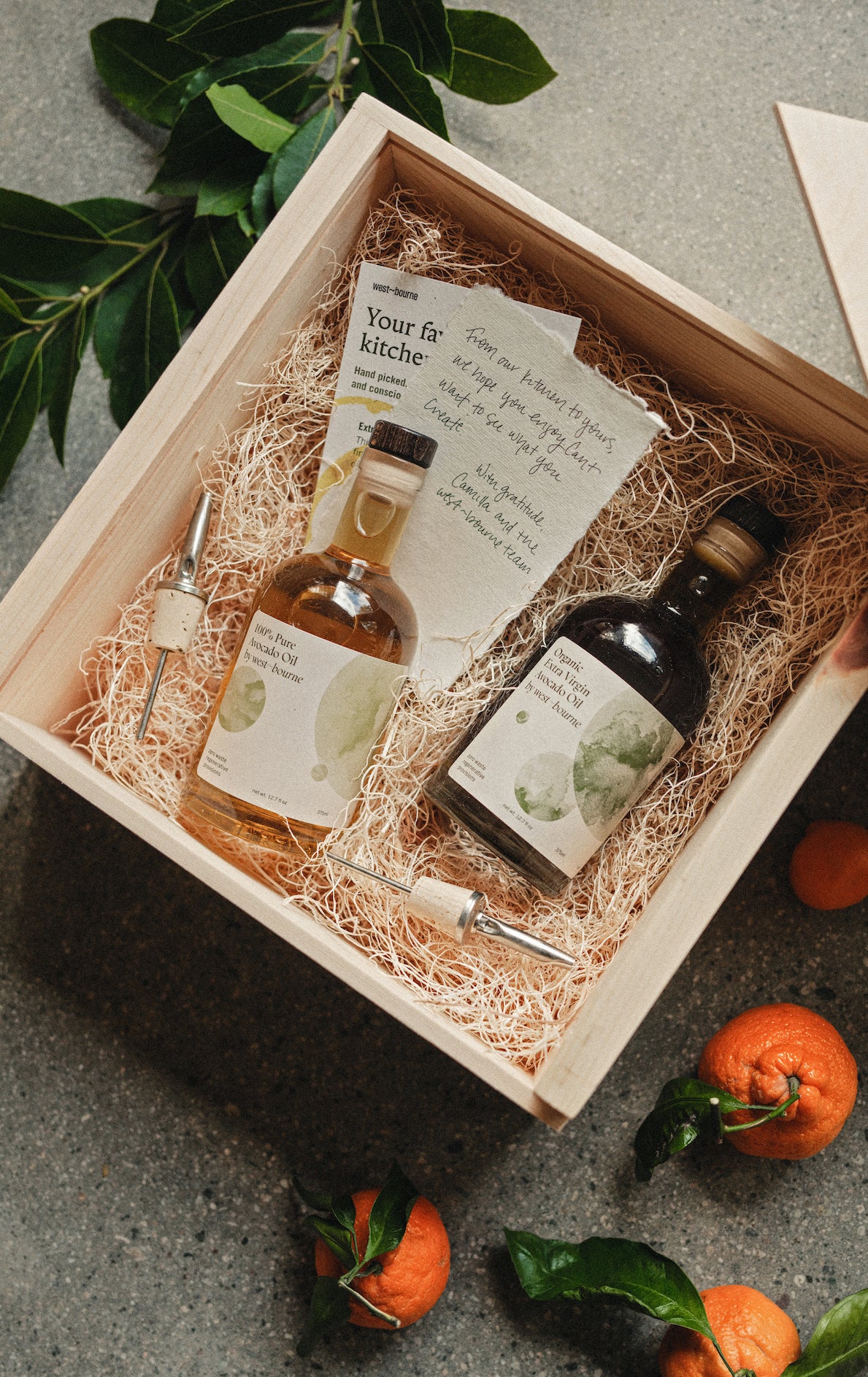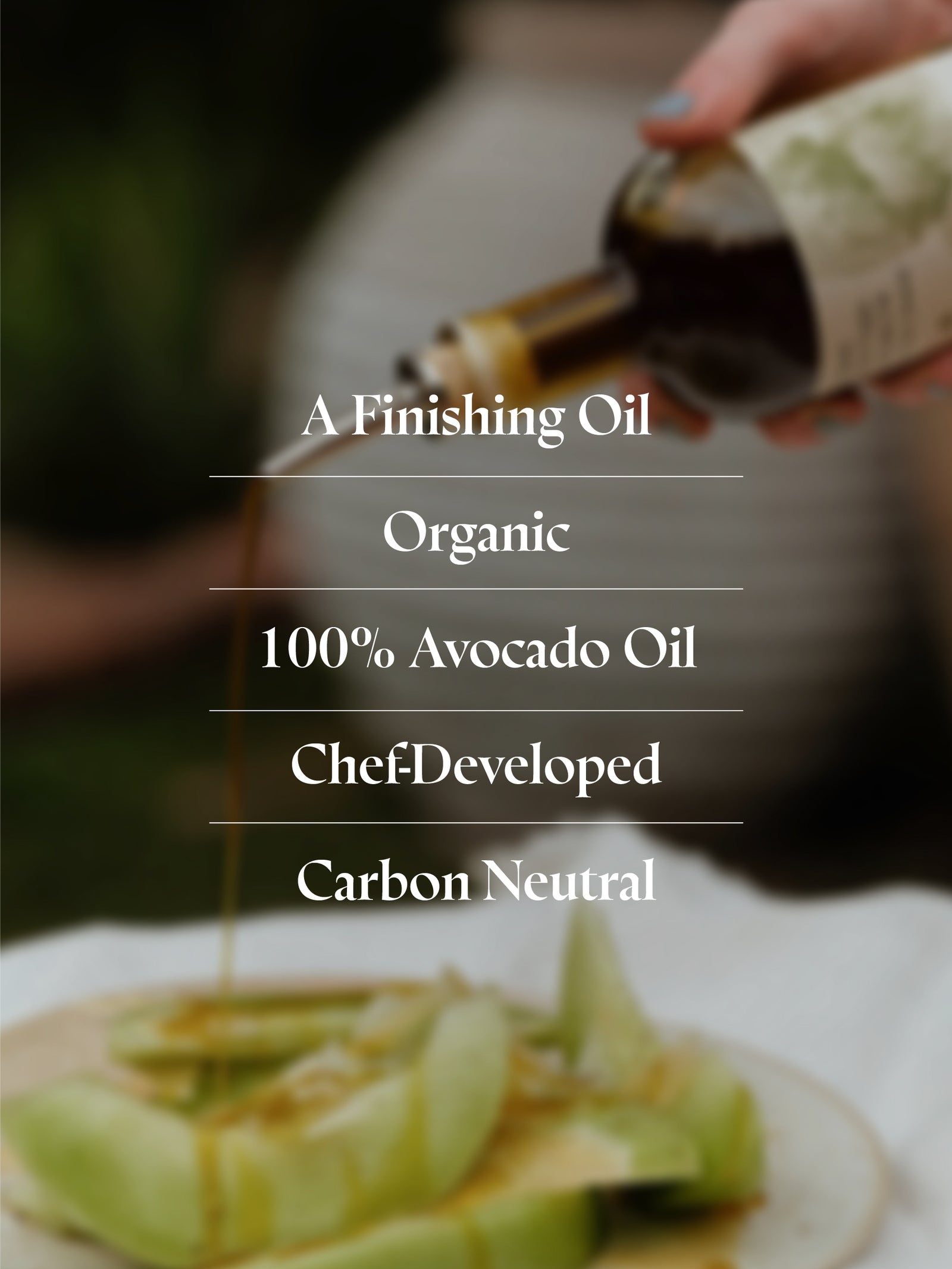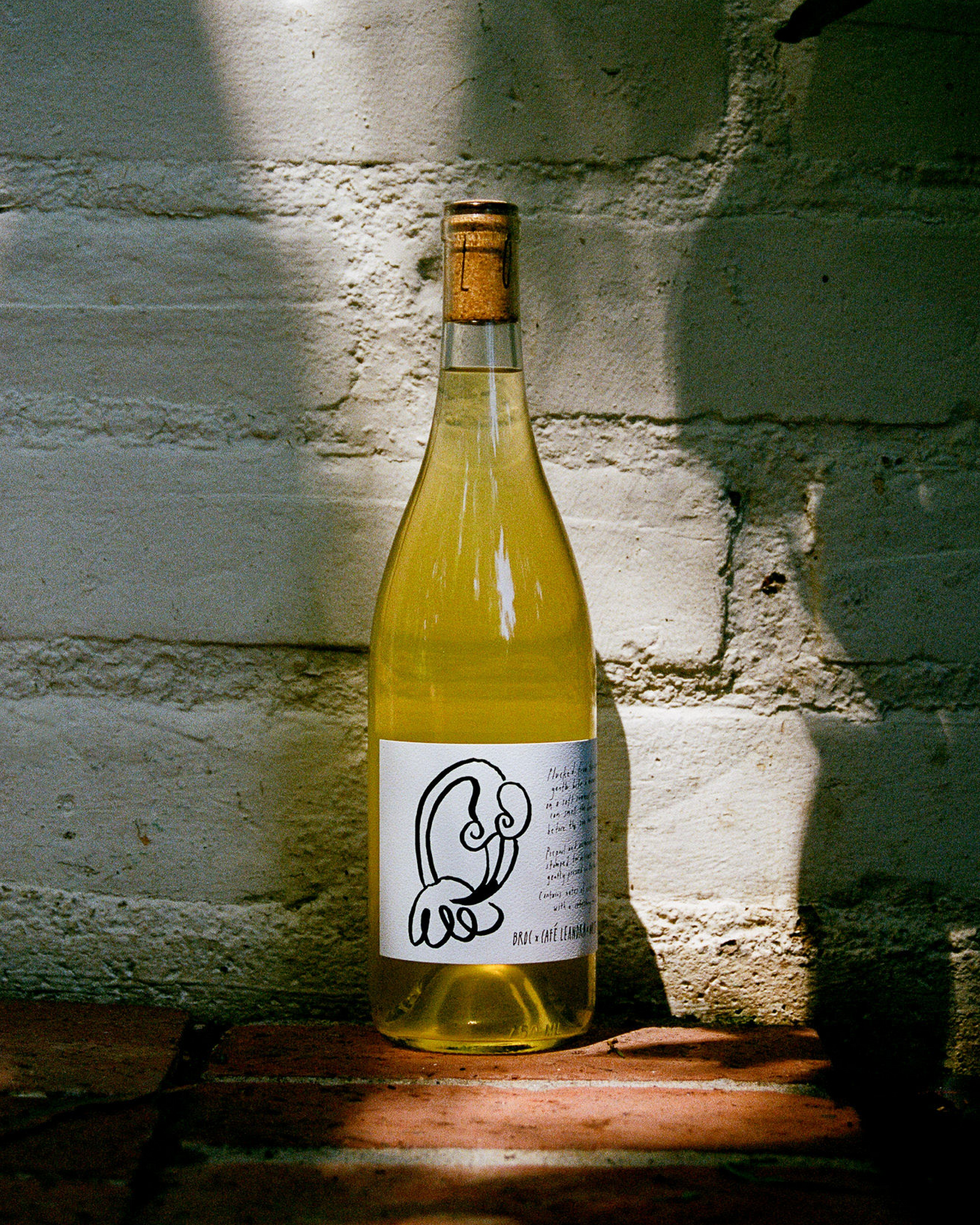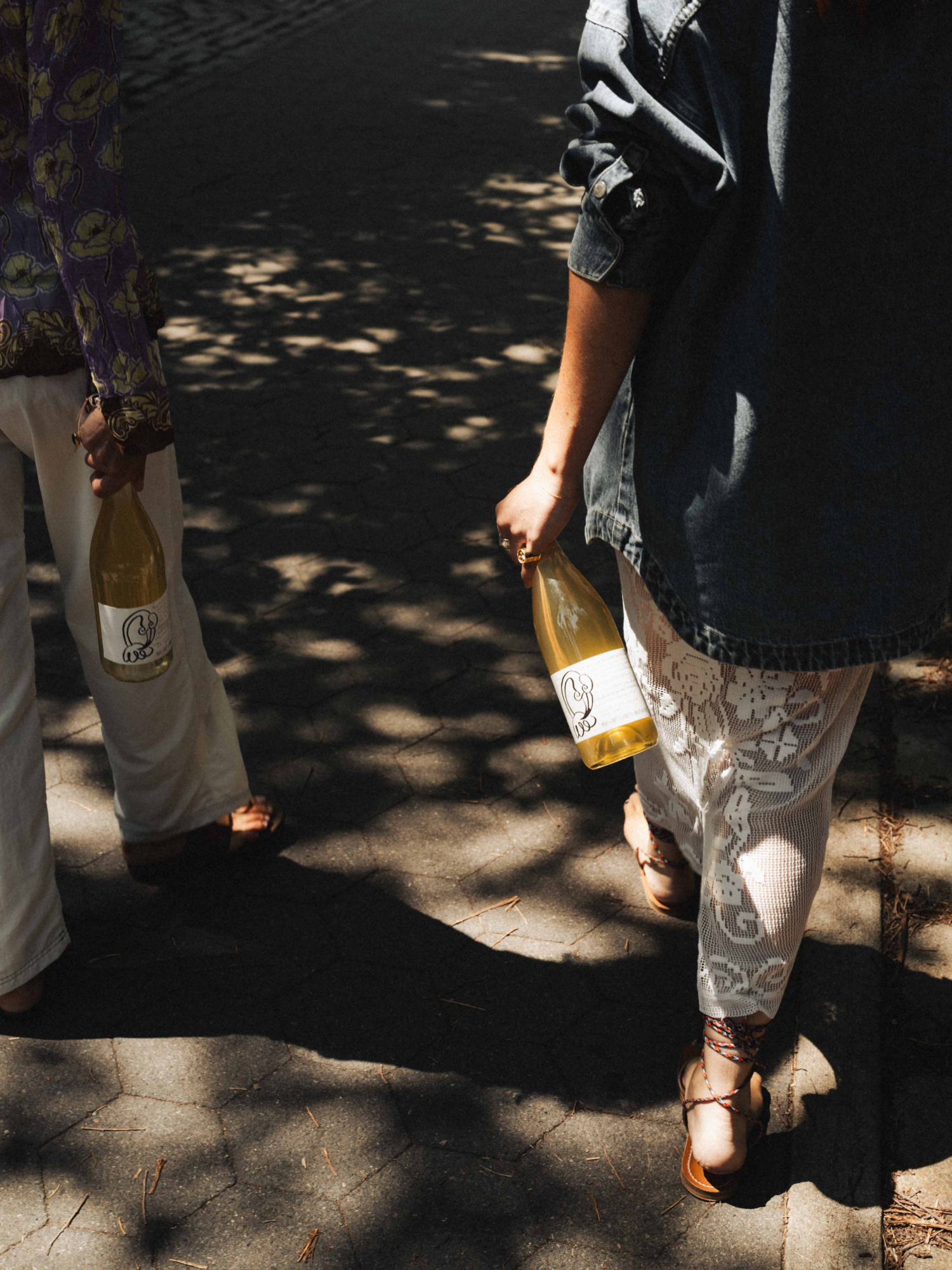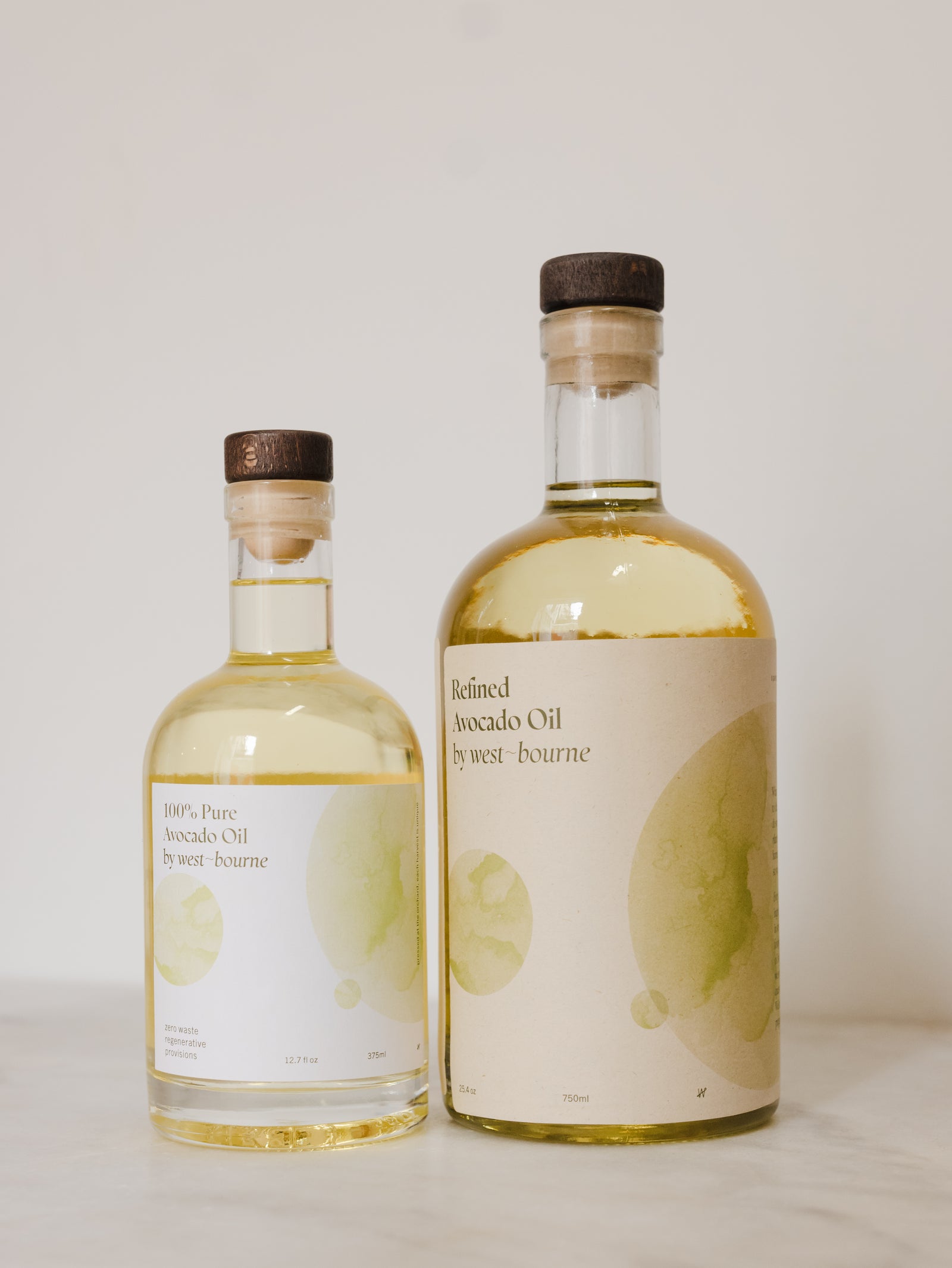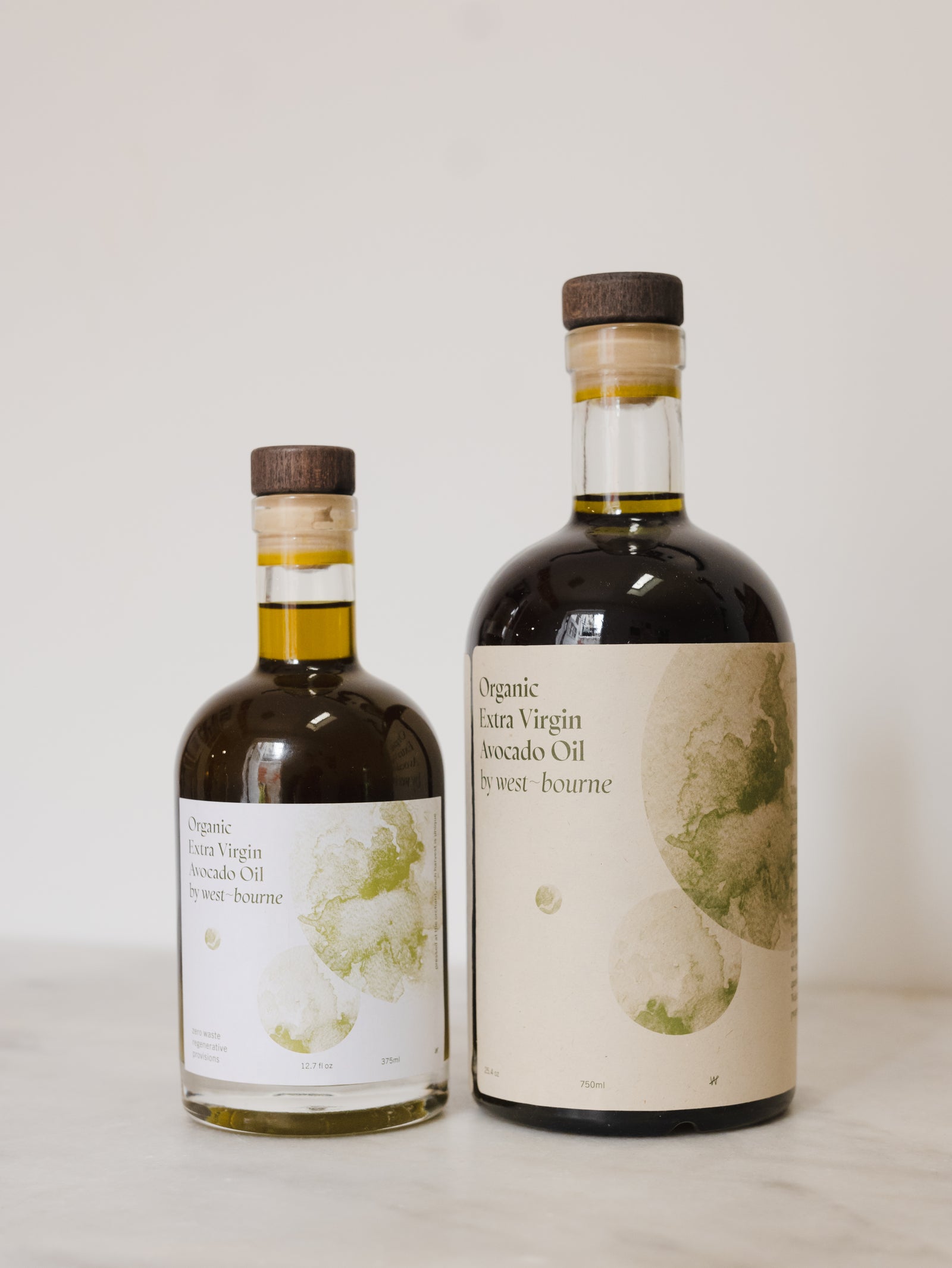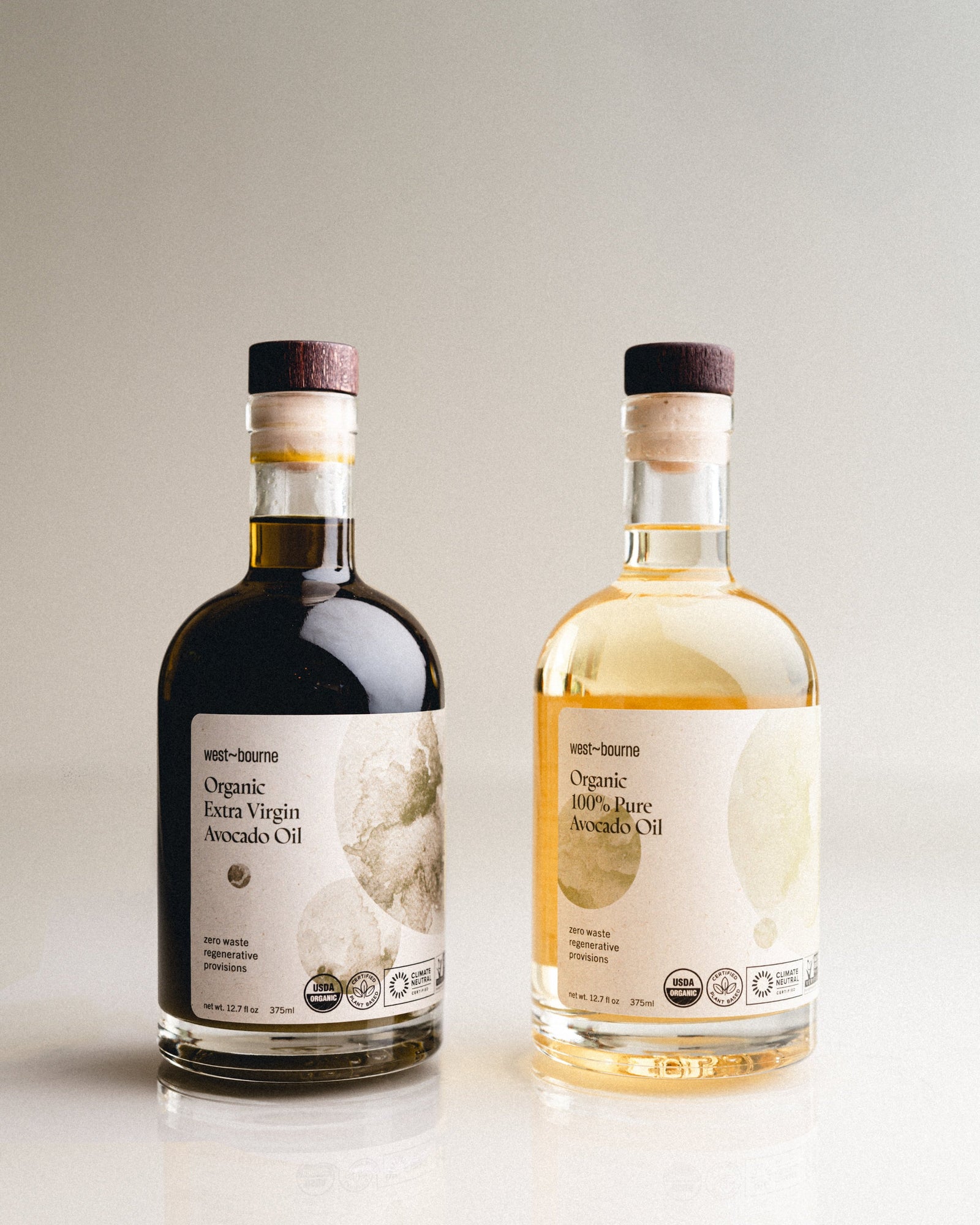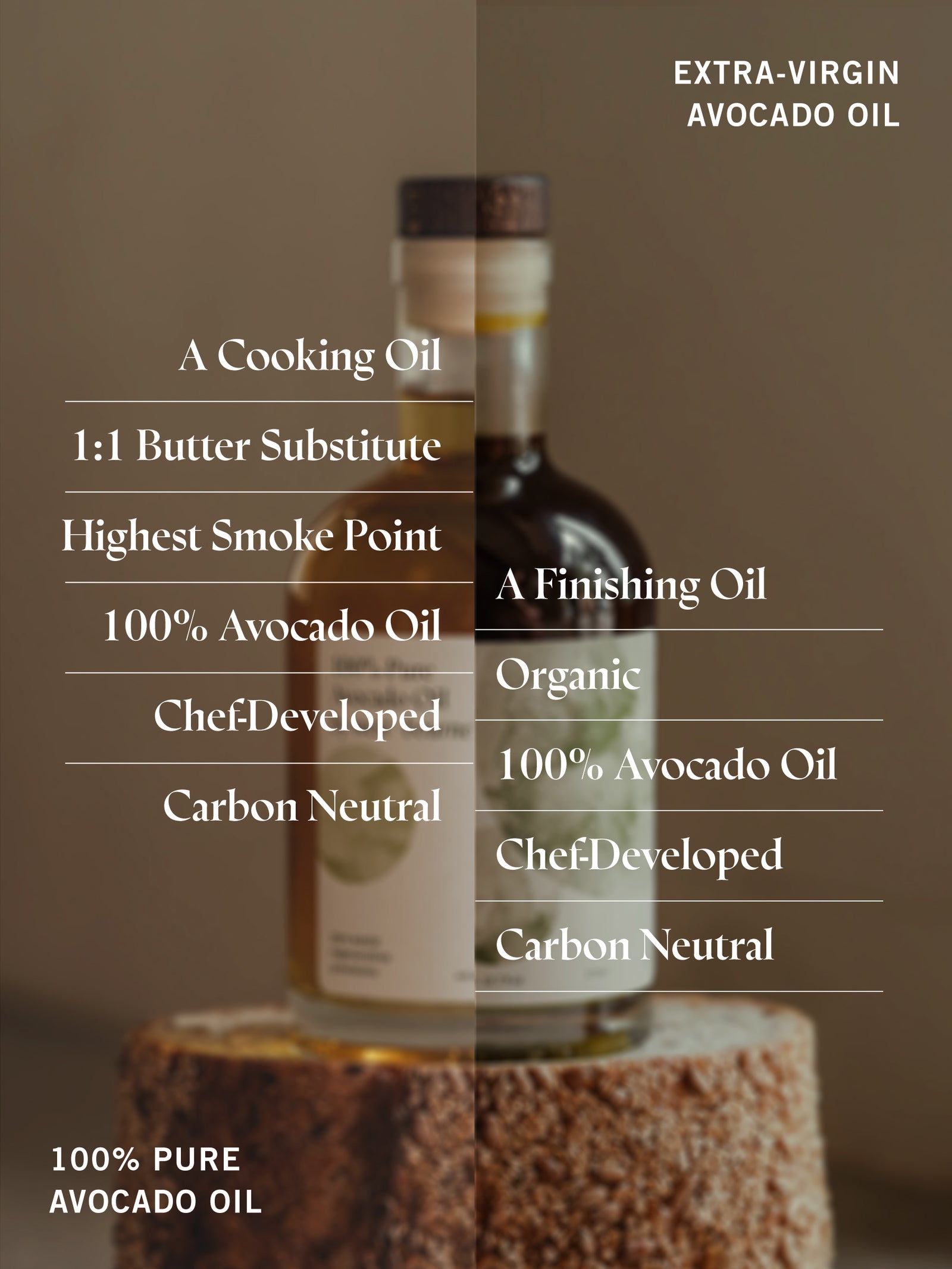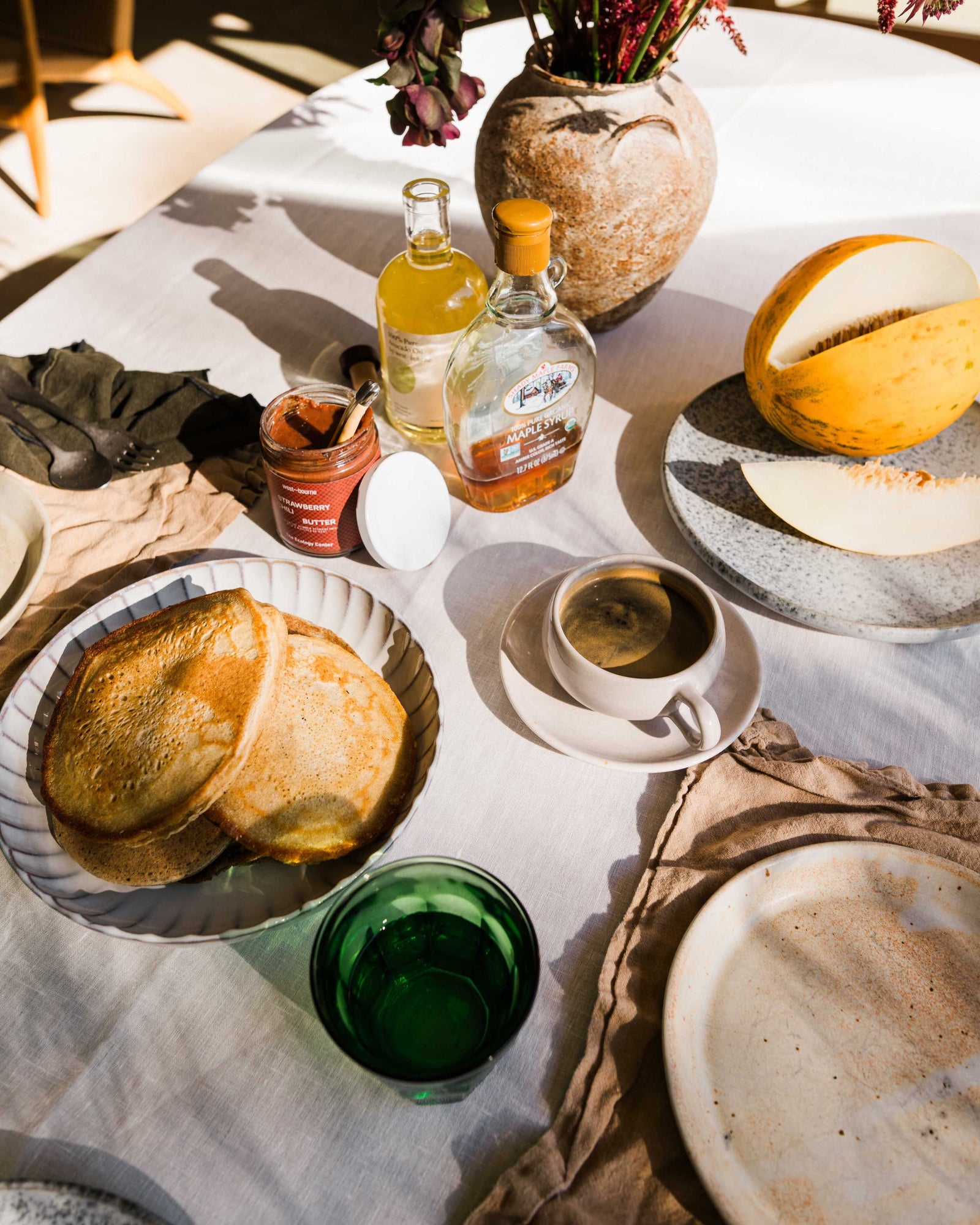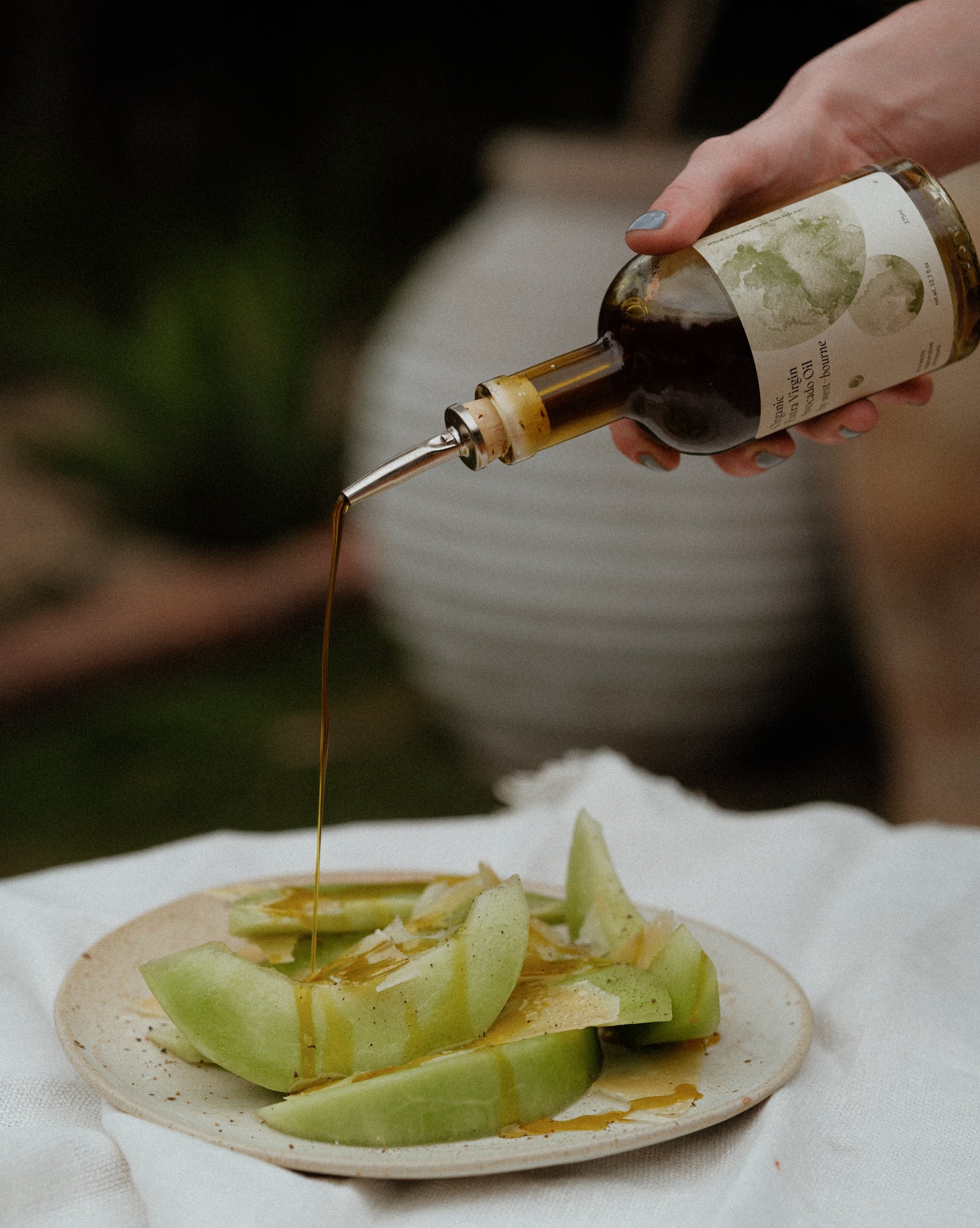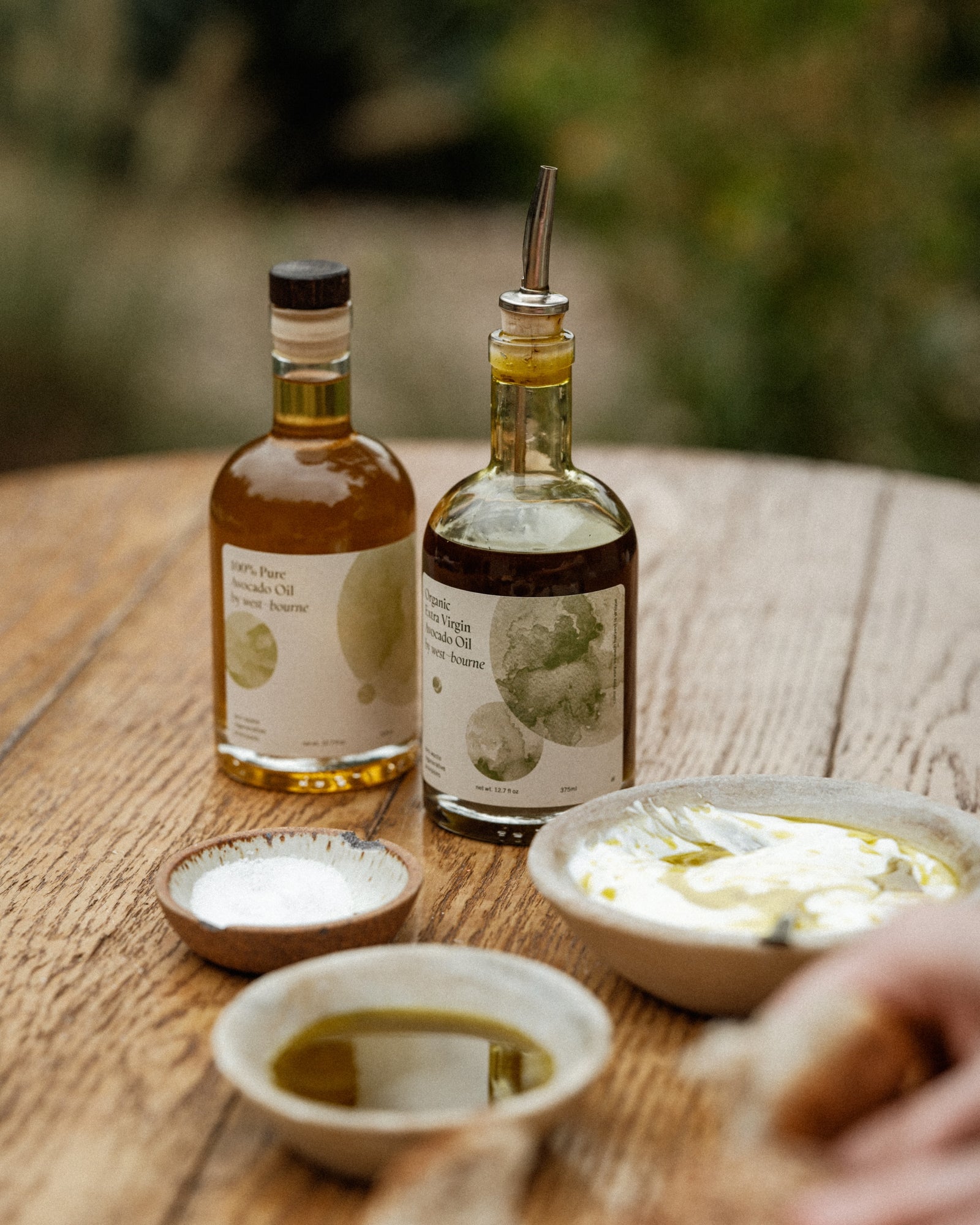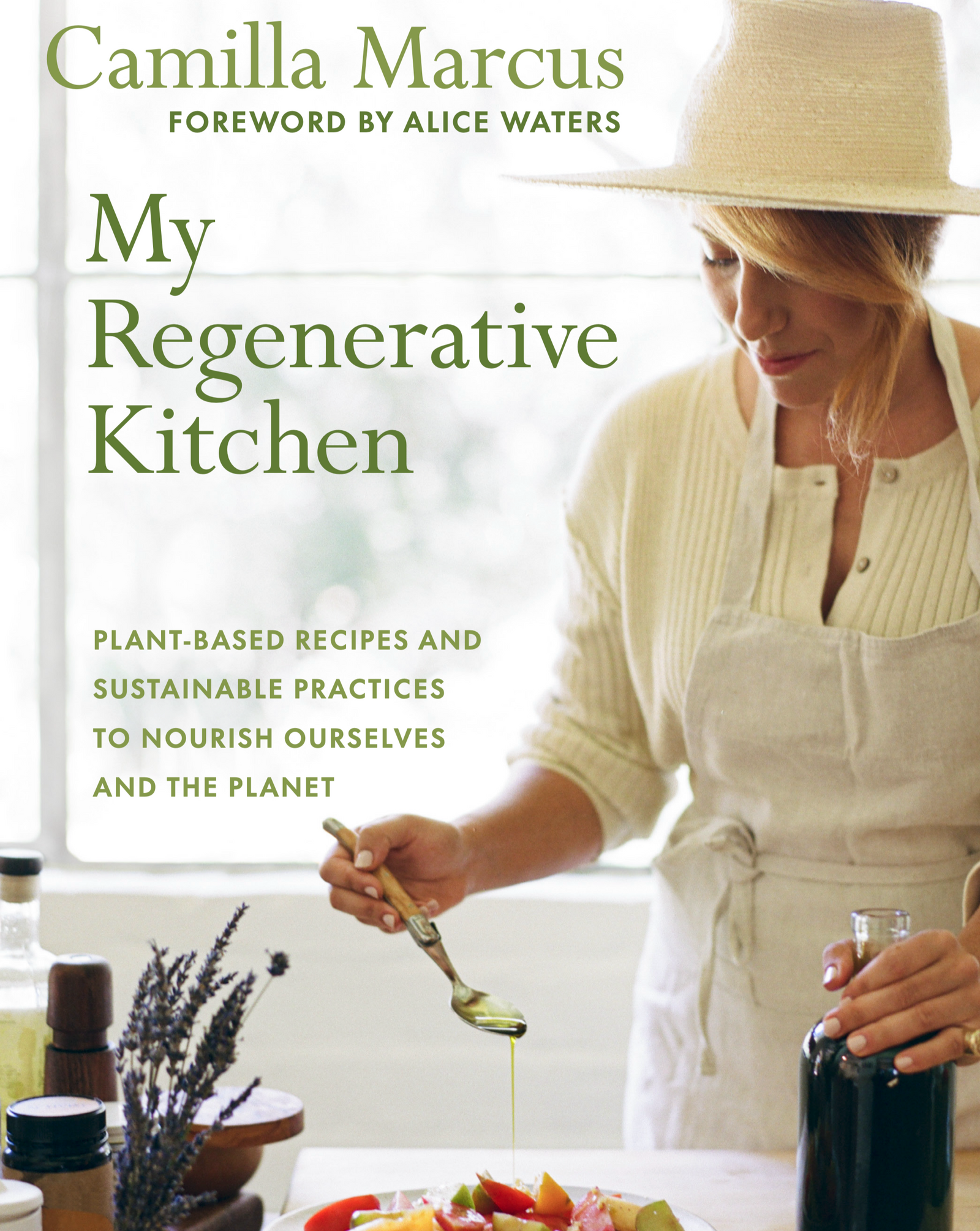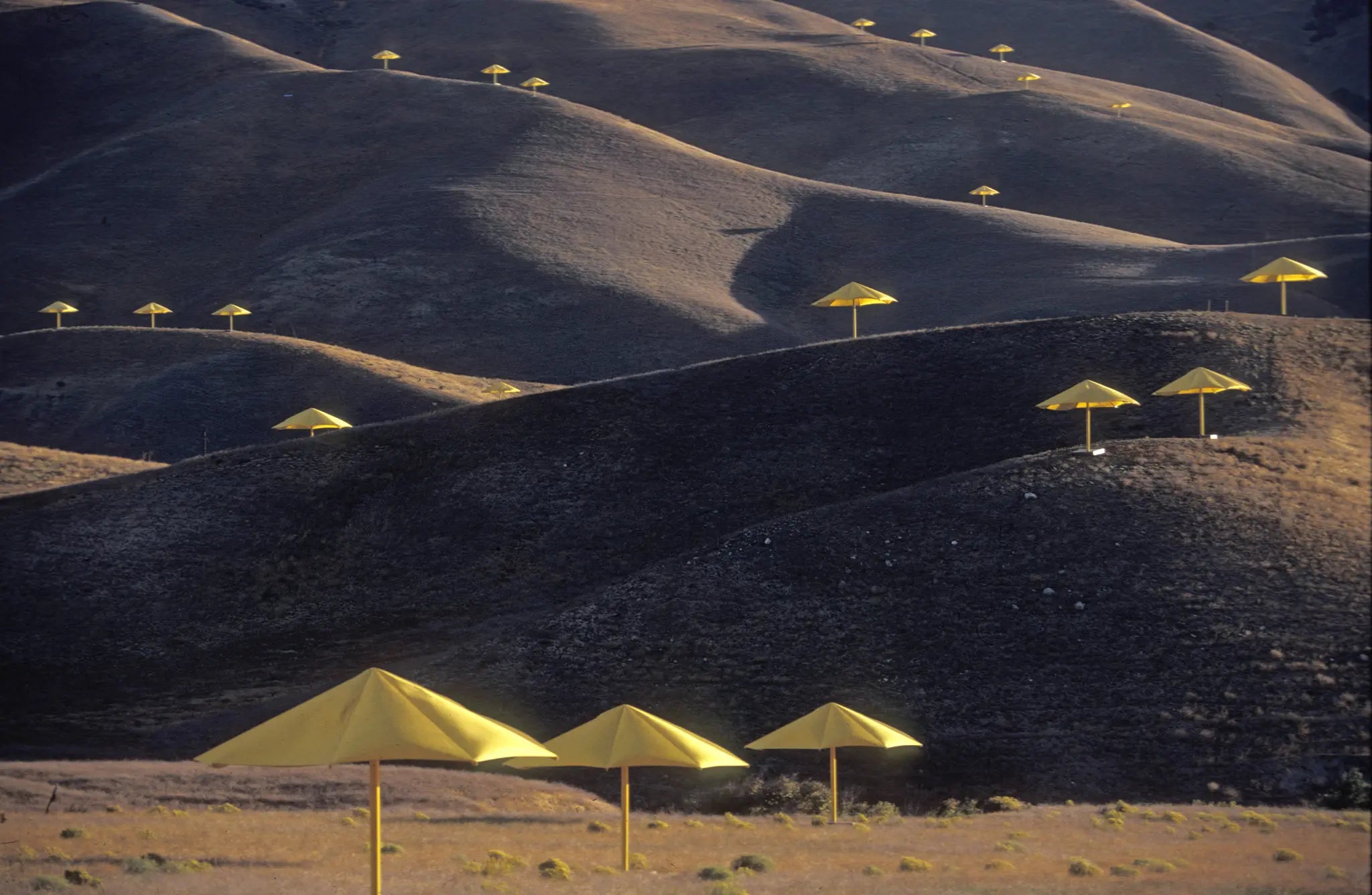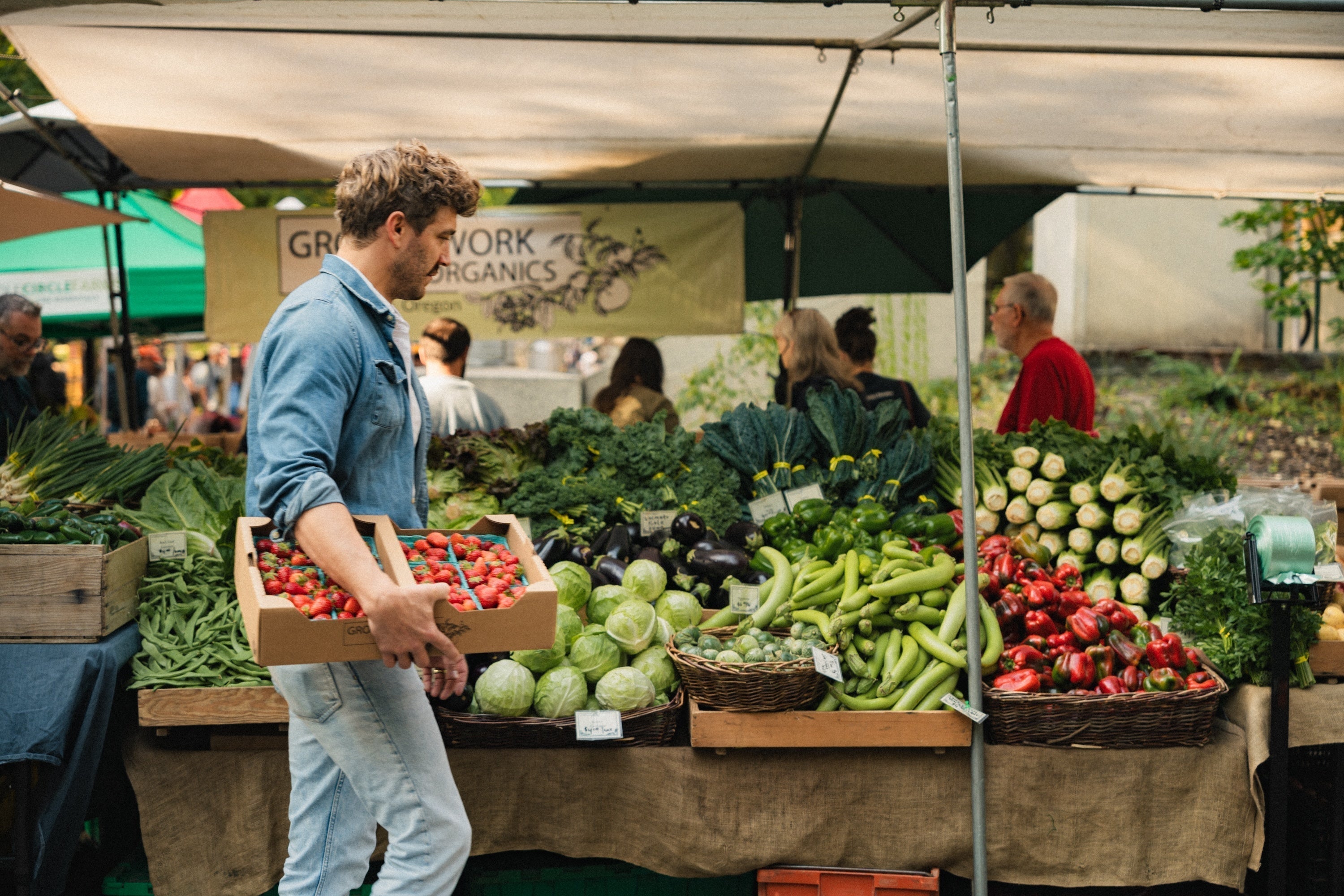The Whole Farm Mentality

Cultivating Diversity: The Holistic Approach to Farming
In the world of agriculture, there's a time-honored saying: "Don't put all your eggs in one basket." This adage speaks volumes about the importance of diversity in farming practices. Yet, in today's industrialized agriculture, monoculture dominates, leading to a myriad of environmental, economic, and social issues. However, a paradigm shift is underway, championing the resurgence of the whole farm mentality and the crucial role of biodiversity within it.
Imagine a farm where grapevines intertwine with cotton fields, where orchards flourish alongside vegetable patches, and where livestock graze amidst sunflower fields. This isn't just a picturesque scene; it's a model of sustainable agriculture known as agroecology, where biodiversity reigns supreme.
At the heart of the whole farm mentality lies the recognition that nature is inherently diverse, and mimicking its complexity leads to resilient and thriving ecosystems. Here's why embracing biodiversity across various agricultural sectors, including wine, textiles, and food production, is not just a trend but a necessity for a sustainable future.
Wine: A Symphony of Terroir
In the realm of viticulture, the concept of terroir reigns supreme. Terroir encapsulates the unique combination of soil, climate, and topography that gives wine its distinct characteristics. However, monoculture vineyards often overlook the intricate interplay between different crops and ecosystems that can enhance wine quality and environmental sustainability.
By integrating diverse flora and fauna within and around vineyards, farmers can create a more balanced ecosystem. Hedgerows provide habitat for beneficial insects that control pests, cover crops enrich the soil, and companion plants improve vine health. Furthermore, intercropping with other crops like grains or legumes not only diversifies farm revenue streams but also enhances soil fertility and reduces erosion.


Textiles: From Field to Fabric
The textile industry is notorious for its environmental footprint, from pesticide-laden cotton monocultures to water-intensive dyeing processes. However, a shift towards agroecological practices presents a promising alternative.
Innovative farmers are reintegrating textile crops like cotton and flax into diversified farming systems. These crops not only provide raw materials for clothing but also contribute to soil health and biodiversity. For instance, cotton grown alongside nitrogen-fixing legumes requires fewer synthetic fertilizers, while agroforestry systems with fiber-yielding trees offer shade and windbreaks for delicate crops.
Food: Nourishing Communities
In the realm of food production, monoculture farming has led to a loss of traditional crop varieties, diminished soil health, and increased vulnerability to pests and diseases. Embracing biodiversity is essential for enhancing food security, resilience, and nutritional diversity.
Polyculture farming, where multiple crops are cultivated together, mimics natural ecosystems and reduces the reliance on chemical inputs. Crop rotation, intercropping, and agroforestry not only improve soil structure and fertility but also foster biodiversity above and below the ground. Additionally, diversified farms can better withstand extreme weather events and market fluctuations, ensuring a steady food supply for communities.


Cultivating Resilience
The whole farm mentality encapsulates a holistic approach to agriculture, recognizing that the health of the land, plants, animals, and people are interconnected. By embracing biodiversity across diverse agricultural sectors, farmers can cultivate resilience in the face of climate change, enhance ecosystem services, and promote vibrant rural communities.
As consumers, we hold immense power to drive this transformation by supporting farmers who prioritize biodiversity and sustainability. By choosing products from diversified farms, whether it's a bottle of wine, a piece of clothing, or a basket of produce, we become stewards of a regenerative agricultural system that nourishes both the planet and its inhabitants. Together, let's sow the seeds of change and reap the harvest of a more sustainable future.

